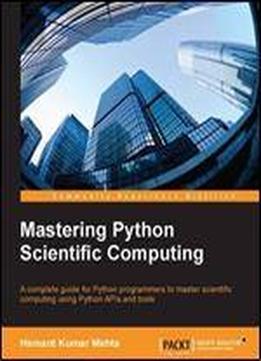
Mastering Python Scientific Computing
by Hemant Kumar Mehta /
2015 / English / PDF
7.5 MB Download
A complete guide for Python programmers to master scientific computing using Python APIs and tools
[b]About This Book[/b]
[list][*]The basics of scientific computing to advanced concepts involving parallel and large scale computation are all covered.
[*]Most of the Python APIs and tools used in scientific computing are discussed in detail
[*]The concepts are discussed with suitable example programs
[/list]
[b]Who This Book Is For[/b]
If you are a Python programmer and want to get your hands on scientific computing, this book is for you. The book expects you to have had exposure to various concepts of Python programming.
[b]What You Will Learn[/b]
[list][*]Fundamentals and components of scientific computing
[*]Scientific computing data management
[*]Performing numerical computing using NumPy and SciPy
[*]Concepts and programming for symbolic computing using SymPy
[*]Using the plotting library matplotlib for data visualization
[*]Data analysis and visualization using Pandas, matplotlib, and IPython
[*]Performing parallel and high performance computing
[*]Real-life case studies and best practices of scientific computing
[/list]
[b]In Detail[/b]
In today's world, along with theoretical and experimental work, scientific computing has become an important part of scientific disciplines. Numerical calculations, simulations and computer modeling in this day and age form the vast majority of both experimental and theoretical papers. In the scientific method, replication and reproducibility are two important contributing factors. A complete and concrete scientific result should be reproducible and replicable. Python is suitable for scientific computing. A large community of users, plenty of help and documentation, a large collection of scientific libraries and environments, great performance, and good support makes Python a great choice for scientific computing.
At present Python is among the top choices for developing scientific workflow and the book targets existing Python developers to master this domain using Python. The main things to learn in the book are the concept of scientific workflow, managing scientific workflow data and performing computation on this data using Python.
[b]The book discusses NumPy, SciPy, SymPy, matplotlib, Pandas and IPython with several example programs.[/b]
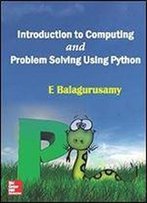
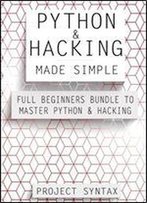
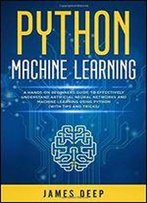
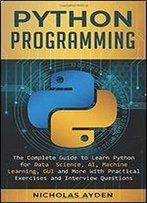
![Machine Learning With Python For Everyone [Rough Cuts]](/media/uploads/2019/6/machine-learning-with-python-for-everyone-rough-cuts.jpg.147x205_q85.jpg)